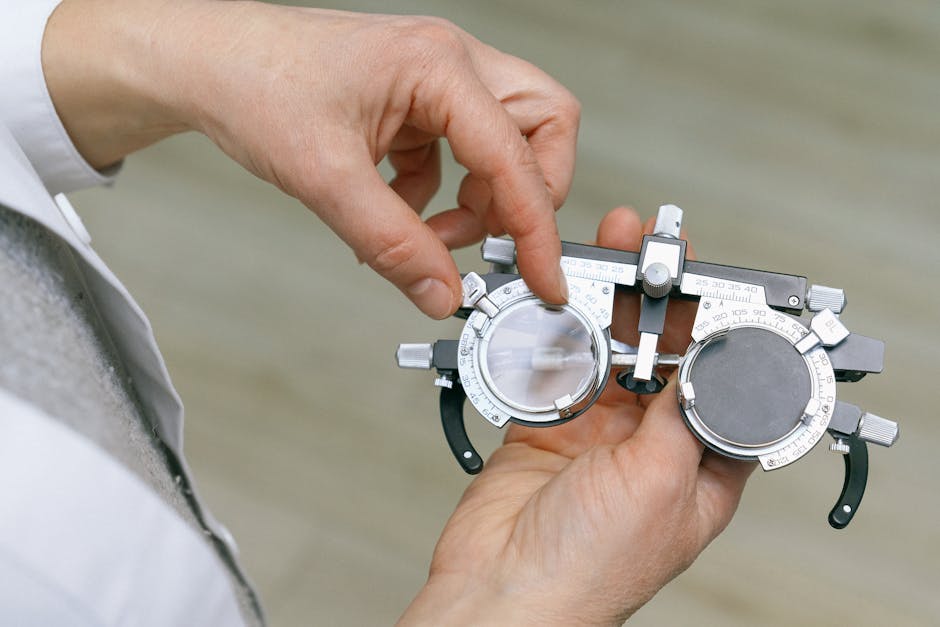Feet are hot
What causes hot feet?
Burning and hot feet are common complaints that can occur especially in the evening and at night. The symptom can be caused by several different mechanisms, such as nervous system dysfunction, changes in blood circulation, or spinal nerve root compression.
For many, the symptom begins while sleeping or at rest, when blood circulation changes and temperature or hormonal activity changes. Heat and exercise also worsen the symptom in some diseases, so after a sauna or a long walk, your feet may feel especially hot.
The most common causes of hot feet
Here are some of the common causes of a burning sensation from the knees down or on the soles of the feet. Often, there are several factors at once.
- Neuropathic pain, i.e. nerve damage or nervous system hypersensitivity
- Restless legs syndrome, which worsens at rest and at night
- Spinal radiculopathy, when a nerve root becomes compressed due to wear and tear or hypermobility
- Small vessel damage and metabolic diseases, such as diabetes
- Erythromelalgia, a rare vascular and nervous syndrome that is worsened by heat
Neuropathic pain
Burning sensations caused by nerve damage are typical, for example, in people with diabetes and other metabolic diseases. Sensory disturbances can occur on the bare soles of the feet and in a wide range, and they may be felt more strongly at night.
Neuropathic pain can also cause sensory abnormalities, such as tingling, numbness, or impaired sensation of cold and heat. Conventional nerve conduction studies do not always reveal damage to small nerves.
Restless legs syndrome
Restless legs syndrome is a common cause of nocturnal leg cramps and discomfort. Symptoms are worse at rest and often relieved by movement, and many patients describe the sensations as a “burning” or tightness.
Medication and lifestyle treatments are available for the syndrome, so a consultation with a general practitioner is recommended if it seems that it could be restless legs.
How to distinguish between different causes in practice?
The symptoms, timing, and aggravating factors help narrow down the causes. For example, heat and strenuous exercise are more likely to indicate vascular or erythromelalgia, while numbness and electric shock-like sensations are more likely to indicate a neurological problem.

Back problems or previous back surgery can lead to nerve root compression, causing localized and position-sensitive heat and numbness. Sometimes, simply lying down can cause temporary nerve compression and worsen the symptom at night.
What research is worth doing?
The first step is to visit a general practitioner, who will assess your symptoms and perform basic tests. Typical tests include blood tests, blood sugar and vitamin B12 checks, and a more detailed neurological examination.
If standard tests do not explain the symptom, nerve pathway tests such as ENMG may be performed. Damage to small nerves is not always visible on these tests, which is why a skin sample to determine intraepidermal nerve fiber density may be necessary.
If necessary, the doctor may refer you for further tests, for example to a neurologist or pain clinic. An MRI of the pelvis and lower back may reveal nerve root compression, especially if there is underlying wear and tear or hypermobility in the back.
| Reason | Symptoms |
|---|---|
| Neuropathy | Burning, tingling, worsening at night, sensory disturbances |
| Restless legs | Compulsive need to move, relief from movement, evening and nighttime discomfort |
| Radiculopathy | Postural tenderness, radiating pain, local numbness |
Treatment and self-care methods
Treatment depends on the diagnosis, but there are several practical ways to relieve symptoms. The primary self-care measures include a cool sleeping area, loose blankets, and keeping your legs off the covers at night.

If the underlying cause is nerve damage or neuropathy, medication often includes gabapentin, pregabalin, or certain antidepressants to help with nerve pain. Restless legs syndrome also has its own treatments and medication options.
Topical treatments include short-term ice packs or topical 5% lidocaine patches. Capsaicin products can reduce nerve-based burning, but the initial burning sensation may intensify for a while before relief occurs.
- Keep the bedroom cool and well ventilated
- Avoid taking hot baths and saunas just before going to bed
- Take care of your back muscles and core muscles with physiotherapy
- Talk to your doctor about possible medication for neuropathy or restless legs.
When should you see a doctor?
If the symptom interferes with your sleep or everyday life, it is a good idea to see a general practitioner. The doctor can perform basic tests and refer you for further tests.
In an emergency, seek immediate medical attention if you experience sudden, severe muscle weakness, severe difficulty walking, or loss of urinary and fecal incontinence. These are red flags that may indicate a serious nerve injury.
Summary
Hot feet are a multifactorial symptom that can have neurological, circulatory, or structural causes. Determining the correct diagnosis often requires a doctor’s evaluation and, in some cases, specialized testing.
Self-care measures such as a cool sleeping environment and exercise planning help many, but if symptoms persist or worsen, a professional can provide targeted testing and treatment. Early treatment can significantly improve sleep and quality of life.





